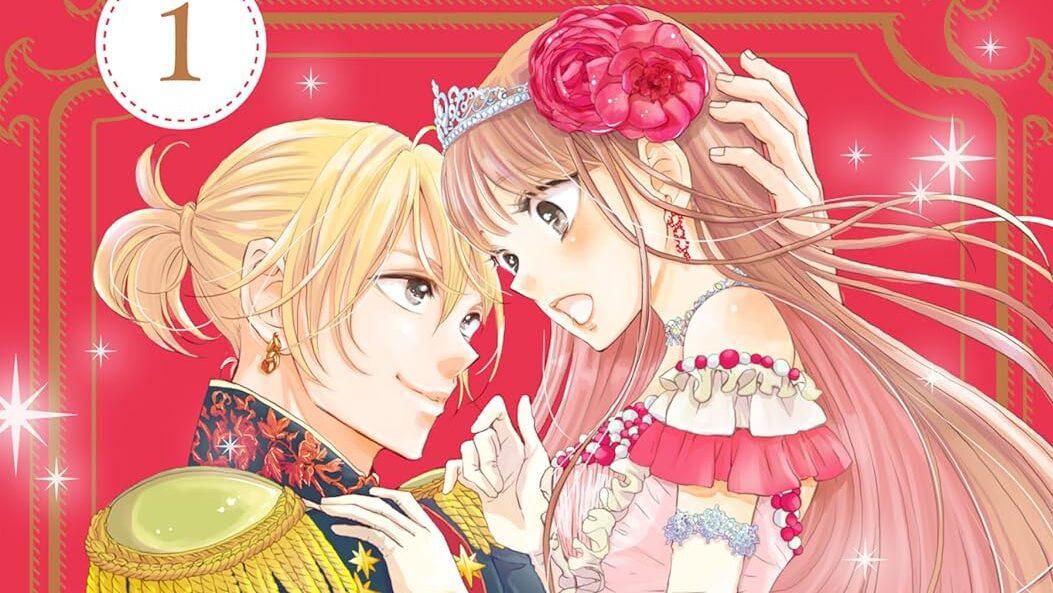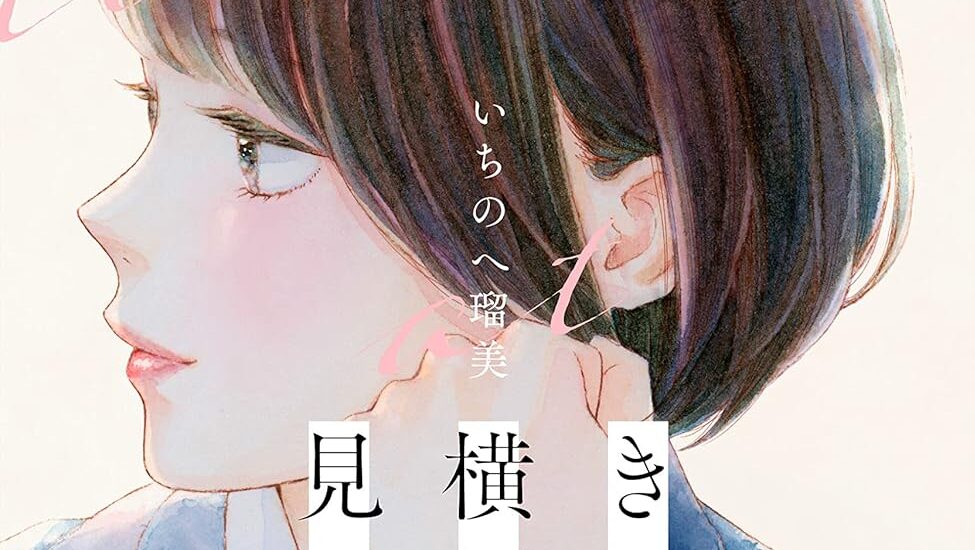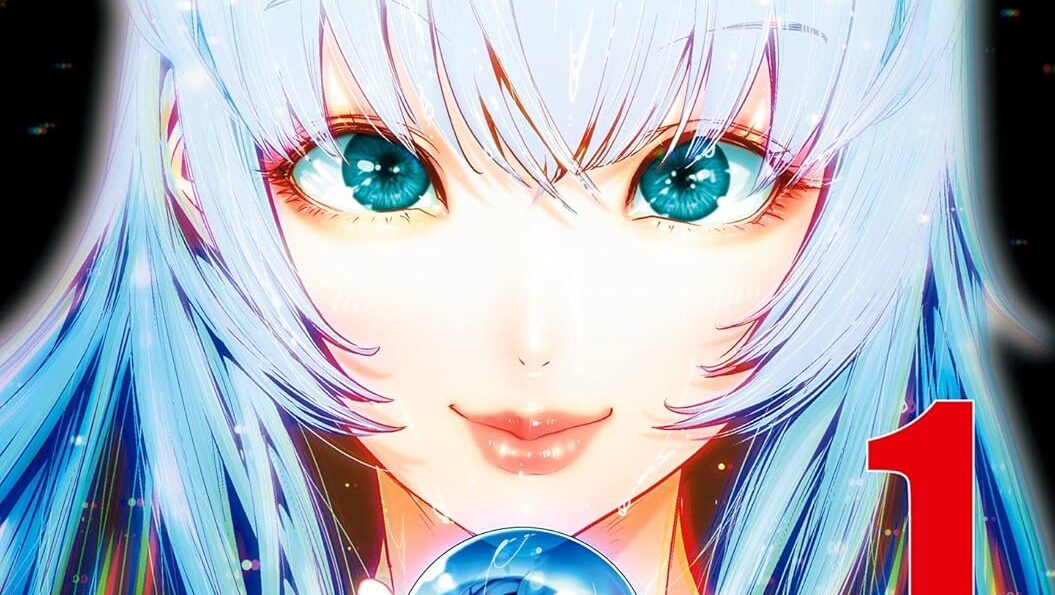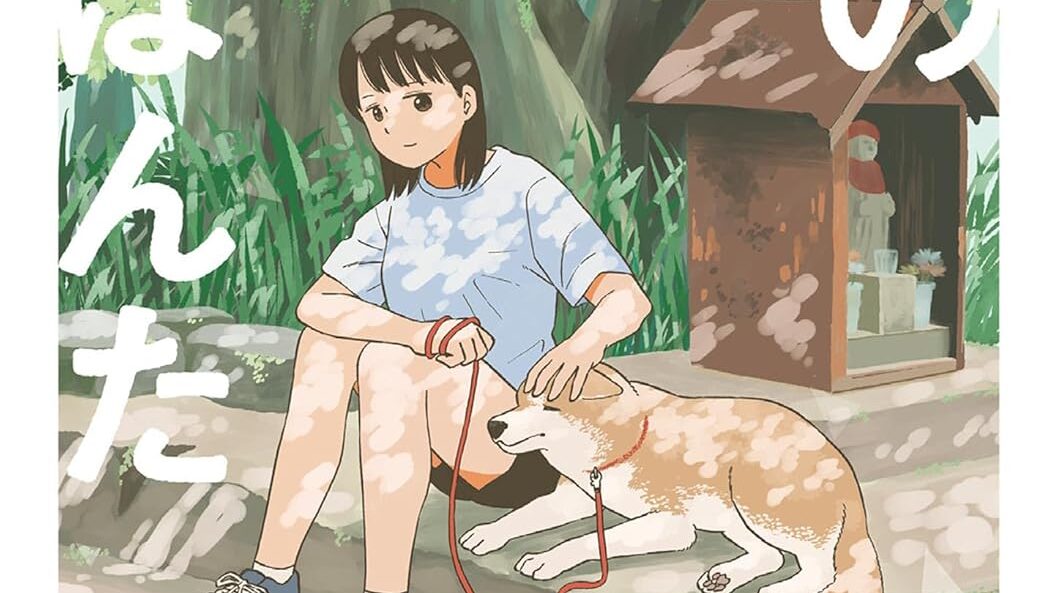Counting its six different sagas and three spin-off series spanning 27 years of publication, Fukumoto Nobuyuki’s second breakthrough work, Gambling Apocalypse: Kaiji, has surpassed 30 million copies. Beginning publication on February 19, 1996, in Kodansha‘s Weekly Young Magazine (five years after the beginning of Fukumoto’s first hit series, Akagi: The Genius Who Descended into Darkness), it has been collected into 90 tankoubon volumes so far, including the 25 of the currently ongoing sixth saga. The series won the 22nd Kodansha Manga Award (1998) in the general category.
Fukumoto is also working on a new series launched this year named Nikaidou Jigoku Golf (check out our previous article for more information on the series and Fukumoto himself).

The year is 1996. For the past three years, Itou Kaiji has struggled to find employment after graduating high school, wasting the days away and even resorting to petty vandalism to vent his frustration. That is when he is paid an unexpected visit by Endou Yuuji, a yakuza-affiliated loan shark who came to collect a debt he co-signed with an old friend two years prior, which reached nearly 4 million yen with interest. With no way to pay out such a sum, he is offered the chance to join an evening gambling event on a cruise ship and potentially clear the debt in one night. This marks the beginning of Kaiji’s nightmarish descent into a world he didn’t know exists, where people as desperate as him take part in appallingly cruel gambling games for the amusement and profit of sadistic rich people, who prey on the participants’ guilt over their life choices as they goad them deeper and deeper. And yet, when the alternative is lifelong debt, the only way out is through.

Kaiji also received three spin-off manga, each focusing on the lives of secondary characters from their perspective, such as Teiai Group executive and iconic early antagonist figure Tonegawa Yukio. The manga was also adapted to animation twice in 2007 and 2011 by Nippon TV, VAP and Madhouse, and received four live-action film features, three produced by Toho and one as a Chinese co-production distributed by Enlight Pictures.






